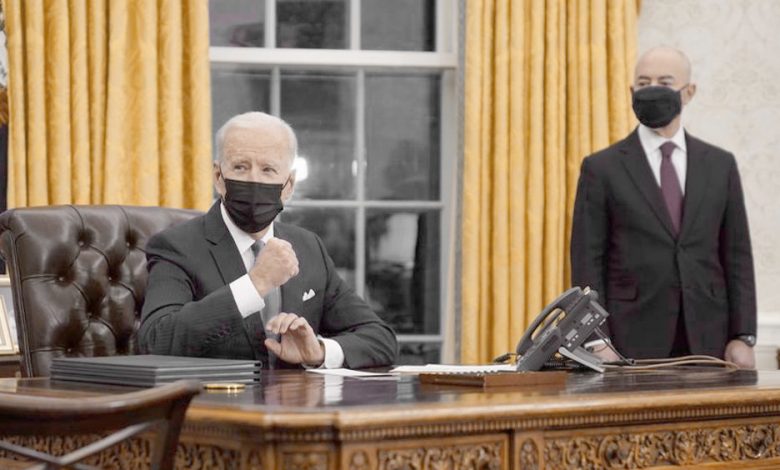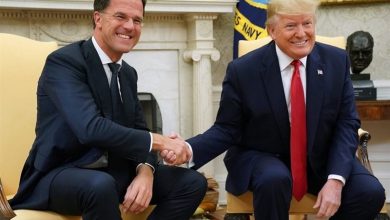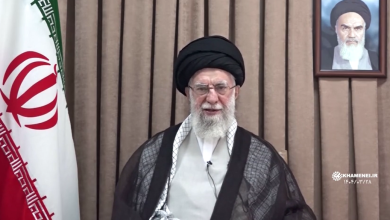Biden must learn from history, drop language of force against Iran: Official

An Iranian official says the Islamic Republic will never engage in any negotiations with the United States under pressure and threats, warning new American President Joe Biden against making the same mistakes that his predecessors made in their treatment of the Iranian nation.
In a tweet on Friday, Hossein Amir-Abdollahian, who advises the Iranian Parliament’s speaker on international affairs, said “Biden must learn lessons from history” and avoid going down the same path of confrontation taken by previous US administrations vis-à-vis Iran.
“The great and mighty nation of Iran should be addressed with the power of logic rather than the logic of brute force,” wrote the official. “Without any doubt, no negotiations will be held with the United States under pressure and threats.”
Amir-Abdollahian once again reaffirmed Iran’s position and ruled out any negotiations with the United States on the nuclear deal.
“The United States should first focus on negotiations with its own nations, which has become bipolar,” referring to the political chaos that broke out in America following the disputed 2020 presidential election.
“The sanctions against the Islamic Republic of Iran are taking their last breaths,” he added.
The comments come amid a diplomatic spat over the landmark 2015 nuclear agreement, whose fate has been shrouded in doubt since Washington’s unilateral pullout in May 2018.
Following its exit, the US under then president Donald Trump re-imposed the tough economic sanctions on Iran that were lifted by the UN-endorsed agreement in an abortive attempt to force Iran back to the negotiating table so Washington can get more concessions from Tehran and secure a “better deal.”
Under Trump, tensions between Iran and the US reached a new high as the hawkish president unleashed a so-called maximum pressure campaign against the Islamic Republic with the aim of paralyzing its economy and international dealings.
Washington also successfully pressured its European allies in the deal — France, Germany and Britain — to evade their own contractual commitments to Tehran, mainly neutralizing the US economic sanctions.
Following a year of strategic patience, Iran began to retaliate by resorting to its legal rights under Article 36 of the JCPOA and suspending its obligations stipulated in the accord.
Now, Biden — who served as vice president when the Iran deal was inked — has indicated a desire to rejoin the deal, but, in practice, he has so far adhered to his predecessor’s pressure policy, despite criticism of Trump’s decision to pull the US out of the nuclear deal, the Joint Comprehensive Plan of Action (JCPOA).
Turning a blind eye to the fact that it was the US that first threw the deal in crisis, the Biden administration says Tehran should take the first step towards reviving the deal by resuming its commitments before Washington comes back to compliance.
Iran, however, insists that the ball is in America’s court, and that it will not reverse its countermeasures unless the US lifts all the sanctions it imposed on the Islamic Republic after quitting the deal practically and verifiably.
Amid the spat, the Biden administration offered last month to attend joint talks with Iran and other parties to the deal over the matter. Tehran, however, says no such talks or meetings are needed and Washington can only rejoin the negotiations after meeting Tehran’s condition.







